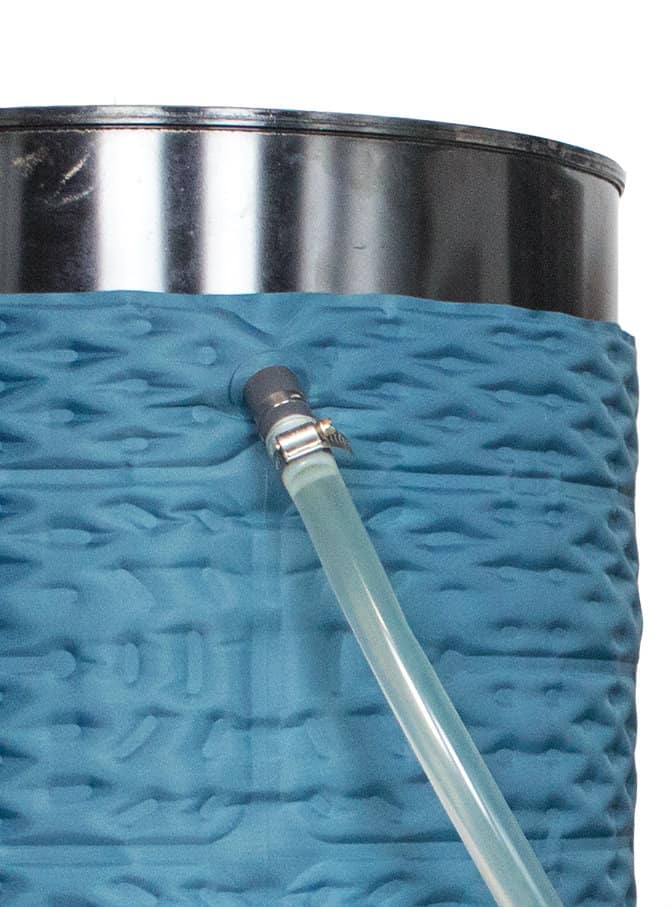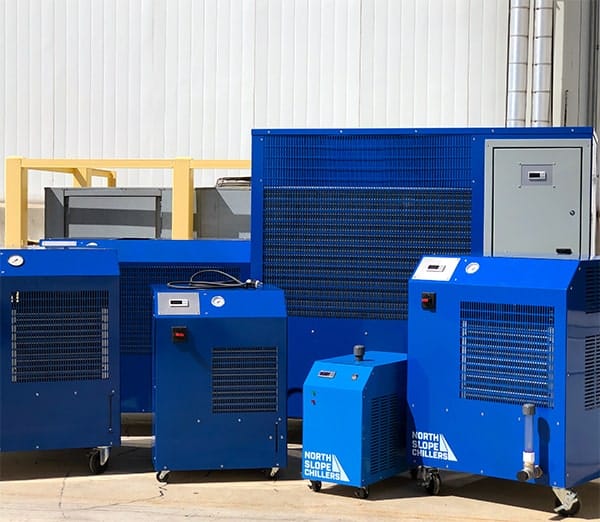Protecting Critical Materials from Heat
Under certain conditions and with certain materials, heat is the enemy: ruining epoxies, and interfering with the brewing process. You can, however, protect critical materials from heat when the effects of heat are understood and proper precautions are in place.

Epoxy
Epoxies are many types of resins with similar properties and chemical structures. Typically used for adhesives, protective coatings and molds, epoxies are hard and notably inert after curing. Before curing, epoxy is more fluid. The chemical reaction that results when epoxy is mixed is exothermic, meaning the reaction creates heat. Adding more heat to this reaction makes the reaction advance faster. More heat, whether ambient temperatures or heat accelerators, will speed the chemical reaction.
In general, temperatures below 50°F/10°C are too cold for epoxy to cure properly. Temperatures around 70°F/21°C are ideal. If epoxy is kept in a container or spread in a thick layer, the heat from the reaction dissipates slower, and the heat of the chemical reaction can speed its own curing process (Legget).
Heat speeds everything about the curing process of epoxy. If there is a need to store the epoxy, some plans for cooling must be in place.
Fermentation
Heat is an important part of the fermentation process for several different types of food and drink; however, if heat enters the process at the wrong time, or lasts for too long, it can result in undesired flavors and aromas that compromise the quality. Let’s take a look at spirits for an example: spirits spend years locked inside barrels during the aging process, undergoing a series of seasonal climatic changes that trigger chemical changes. Controlling the temperature of actively fermenting wort (the sweet infusion of ground malt
or other grain before fermentation, used to produce beer and distilled malt liquors) can have a major impact on the flavor of the finished beer. Fermenting above the normal temperature range may produce excessive fruity-flavored esters or harsh-flavored fusel alcohols (Stika).
Normal ale fermentation temperatures range from 68-72 °F/20-22 °C and lager fermentation temperatures from 45-55 °F/7-13 °C. The heat generated by an active fermentation can warm a typical 5-gallon batch of beer by 10 to 15°F/5.5 to 8.3°C (Stika).
North Slope Chillers
The key to protecting critical materials from heat is to prevent external heat from reaching your product. An effective process cooling solution should be able to remove any heat that enters your product/process from the surrounding environmen.

North Slope Chillers from Powerblanket offer top of the line chillers and cooling wraps with custom options and quick turnaround time.
Works Cited
Legget, Rochelle. “The Effects of High Temperature on Epoxy”. Sciencing. 13 March 2017.
https://sciencing.com/effects-high-temperature-epoxy-8590977.html
Stika, John. “Controlling Fermentation Temperature: Techniques”. Brew Your Own, March/April 2009. 14 March 2017. https://byo.com/bock/item/1869-controlling-fermentation-temperature-techniques
Keep your products and processes within the desired temperature range with Powerblanket's industrial cooling solutions.


